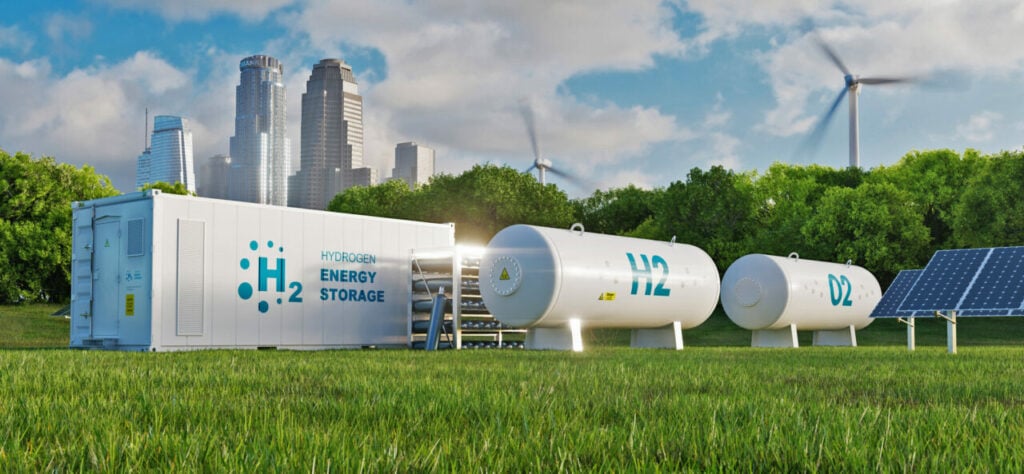A coalition of 20 organisations led by think tank E3G, including Octopus Energy and WWF-UK, have raised concerns over claims made within the recent Hydrogen Champion Report.
Within the report, Jane Toogood, the UK Hydrogen Champion, made several claims which the coalition rebuffed as inaccurate and said would lead to unfair costs for consumers. A recommendation had also been made the coalition said would “undermine the government heat pump targets”.
This target aims to achieve 25-50% reductions in the upfront cost of installing a heat pump by 2025 and to achieve cost parity between owning and running a gas boiler and a heat pump by 2030.
In response, the coalition issued a letter to UK Secretary of State for the Department for Energy Security and Net Zero (DESNZ), Grant Shapps.
Although having recognised that hydrogen will have a “critical role” in reaching net zero, concerns have been raised around heating, in particular hydrogen blending. The letter read: “We are concerned by certain points made in the report with regards to the role of hydrogen for heating”.
One primary area for concern is the recommendation to “create a loophole under the proposed market-based mechanism for low carbon heating”, the letter read. Creating this loophole could risk locking-in hydrogen for domestic heating at the expense of other sectors and technologies including heat pumps.
“The Hydrogen Champion report itself recognises that hydrogen ready boilers are unlikely to run fully on hydrogen for decades to come, this recommendation will enable ‘greenwashing’ for fossil fuel boilers and prolong the impacts of heating on carbon emissions and air quality,” the letter read.
Another crucial discussion point is centred around the costs to consumers should hydrogen blending be granted the green light. The coalition stated that a 20% hydrogen blend would increase gas costs by around 16%, while only reducing emissions by 7%, due to inefficiencies in burning hydrogen.
“Raising energy bills during a cost-of-living crisis is the wrong way to develop industrial demand for hydrogen,” the letter said. “Hydrogen has a lower energy content per unit volume than natural gas, a 20% mix has only 86% of the heat output of natural gas. Consumers will have to burn 16% more of the blended mix to create the same heat energy. This means that fuel prices will rise by at least 16% and that the savings in greenhouse gas emissions will be nowhere near 20% — but closer to 7%.”
Toogood, in her report, called on the UK government to create a plan for an integrated energy infrastructure to incorporate gas, electricity and hydrogen, with potential savings of up to £38 billion.






